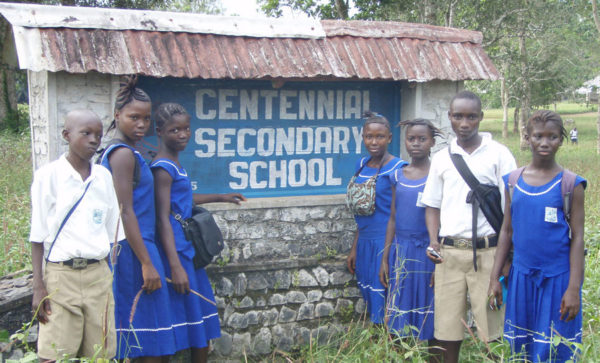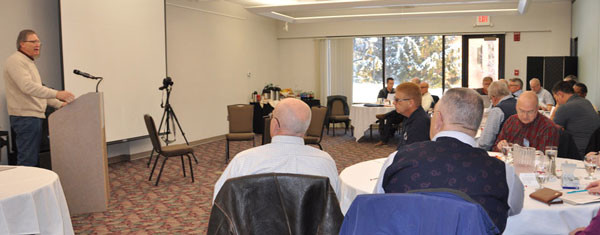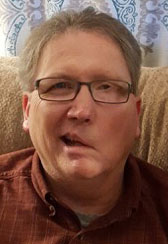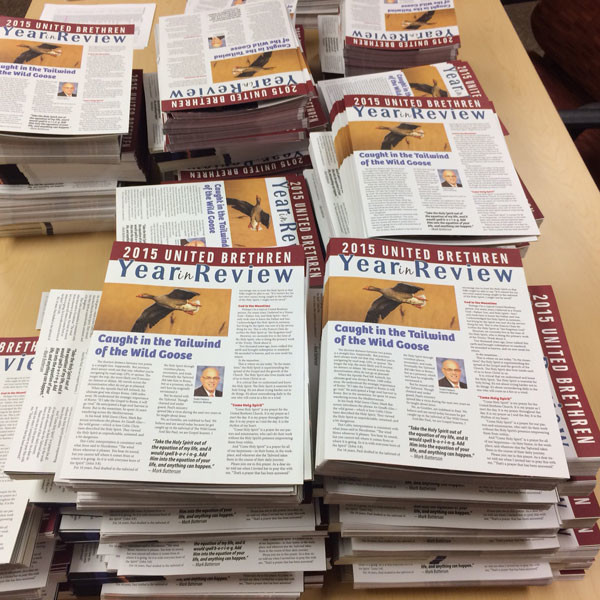14 Jan 250 Years: On This Day in UB History (Jan 14)
For a number of years, we worked cooperatively with two other denominations, the Evangelical Congregational Church and the Primitive Methodist Church. We jointly sponsored missionaries and Sunday school curriculum, and the leaders met every year. We called it The Federation.
The 1981 General Conference instructed that we “aggressively pursue merger” with those denominations. A lot of meetings followed, and the three denominations tried hard to make it work. They saw a lot of advantages—for missions, colleges, camps, overhead, pastors, and other areas.
But in the end, it came down to Freemasonry. The other two groups allowed church members to also belong to the Masonic lodge, and we didn’t. If we changed our stand, it would have been hugely divisive.
January 14, 1983, at a meeting in the UB National Office, leaders of the three denominations published a statement saying that merger wasn’t going to happen. They saw benefits to cooperating in various endeavors, but real problems going a step further and merging.
Said Bishop C. Ray Miller, “I personally am interested in beefing up the Federation. But in light of the problems I see that would be divisive, I am not interested in merger.”

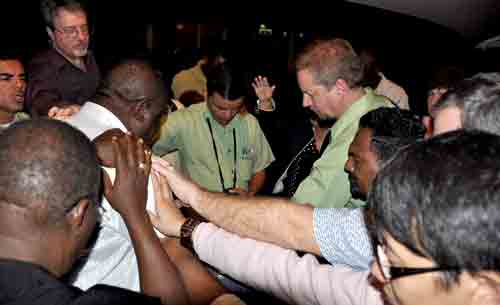
 Rita Wild Koroma, 87, passed away on January 8, 2011, in Oxford, England. She served as a missionary teacher in Sierra Leone 1954-1962.
Rita Wild Koroma, 87, passed away on January 8, 2011, in Oxford, England. She served as a missionary teacher in Sierra Leone 1954-1962.